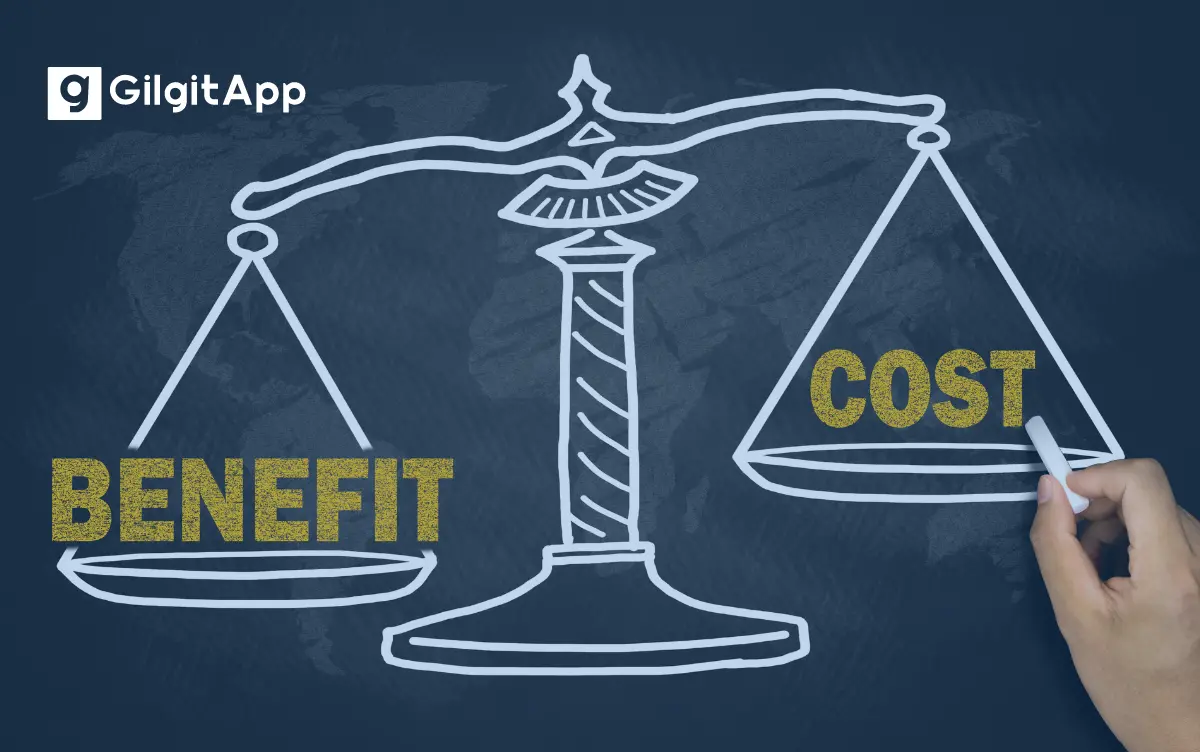Filer vs. Non-Filer in Pakistan: A Cost-Benefit Analysis
Unsure about filing taxes in Pakistan (2024 Budget)? Learn how filing opens government benefits & tax breaks, along with the costs to consider

In Pakistan, tax filing has become increasingly important due to recent budgetary changes. Understanding the difference between filers and non-filers is more than important, especially in light of the 2024 budget.
To make it simple, explore below the costs and benefits of being a filer versus a non-filer, providing a comprehensive analysis.
Understanding Filers and Non-Filers
Definition of a Filer
A filer in Pakistan is an individual or entity that submits its annual tax returns to the Federal Board of Revenue (FBR). Filers enjoy several benefits, such as lower tax rates and easier access to government services and financial products.
Definition of a Non-Filer
Non-filers, on the other hand, are individuals or entities that do not submit their tax returns. They face disadvantages, including higher tax rates and penalties, along with limited access to certain financial services.
The 2024-25 Federal Budget: Key Highlights
The government has unveiled an ambitious Rs. 18 trillion budget for the 2024-25 fiscal year, with a revenue collection target of over Rs. 12 trillion.
This budget aims to address the country's economic challenges and provide relief to its citizens. One notable aspect of the budget is the proposed salary increases for government employees, which is expected to boost consumer spending and stimulate economic growth.
Moreover, the government has introduced measures to boost tax compliance and expand the tax base. These measures are crucial in ensuring that the country has sufficient resources to fund its development projects and social welfare programs.
Filers vs. Non-Filers: The Cost-Benefit Analysis
Being a tax filer in Pakistan comes with its own set of benefits and responsibilities. Filers enjoy lower tax rates and have access to various incentives, such as the ability to open bank accounts, obtain loans, and travel abroad without restrictions.
However, they also have the responsibility of filing their taxes accurately and on time.On the other hand, non-filers face higher tax rates and penalties, as well as restrictions on their ability to access financial services and travel abroad.
The government has made it clear that it will not tolerate non-compliance and has vowed to take strict action against those who fail to file their taxes.
Steps to Become a Filer
Becoming a filer in Pakistan involves registering with the FBR. The process is straightforward: visit the FBR website, fill out the registration form, and submit the required documents.
Filing Tax Returns
Filing tax returns requires gathering your financial information and submitting it online through the FBR portal. Ensure all details are accurate to avoid penalties.
Wrap Up
Wrapping up, being a filer in Pakistan offers numerous benefits, both monetary and non-monetary. The 2024 budget further emphasizes the advantages of filing taxes and the penalties for non-compliance.
Ultimately, the choice is yours. But remember, informed decisions are the best decisions!




